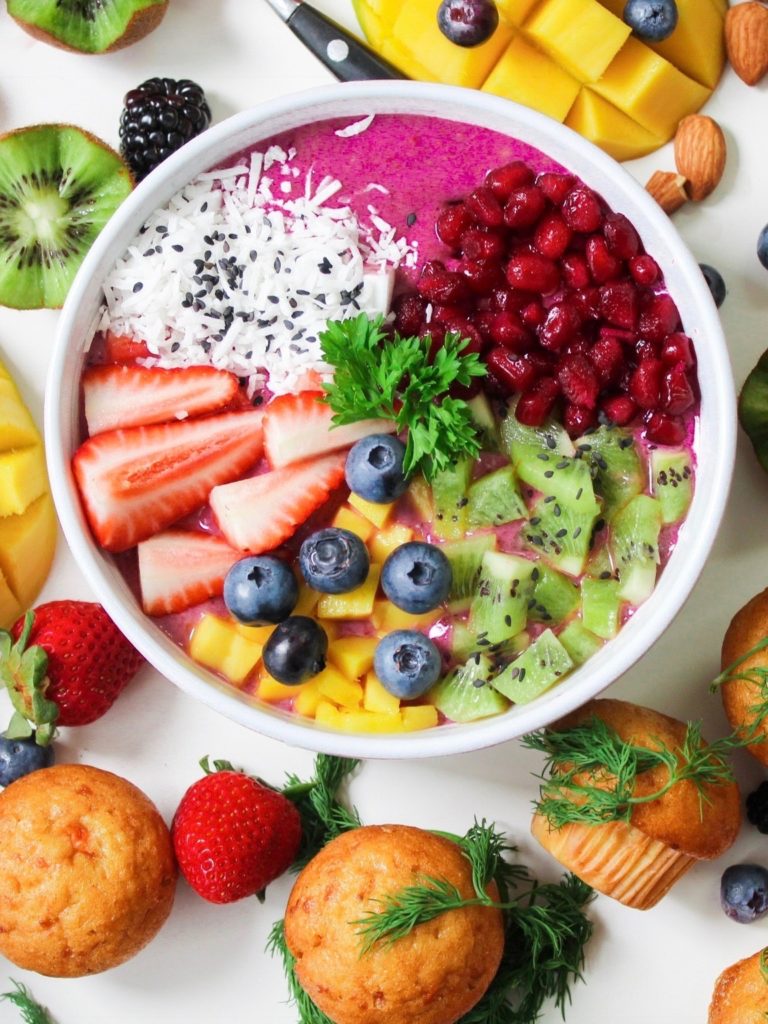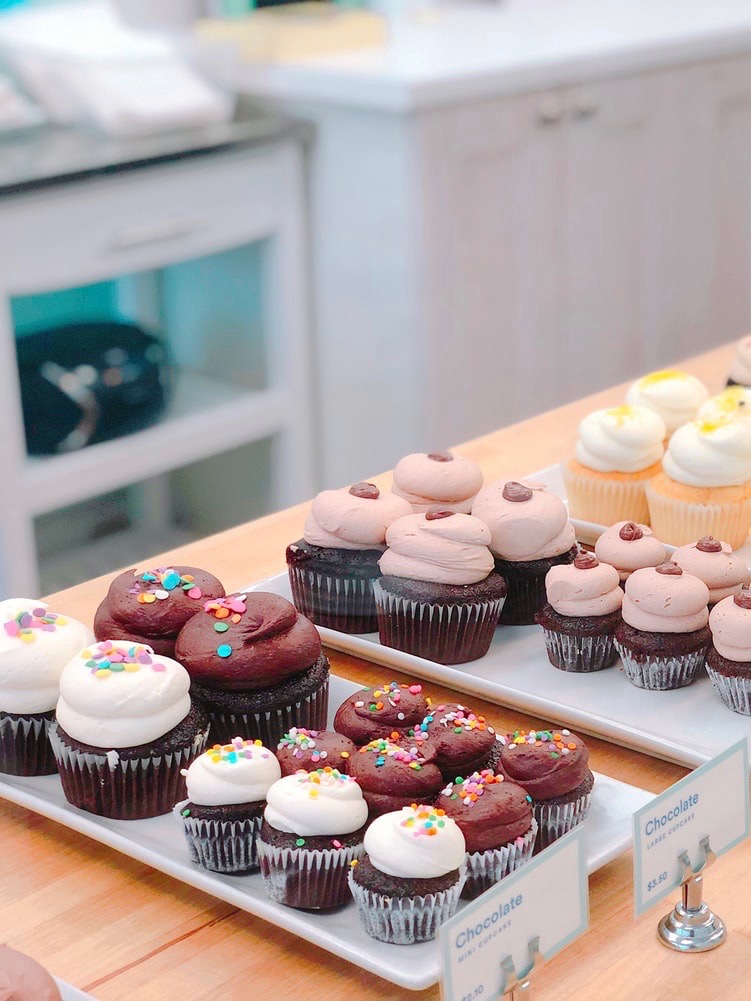
Why is the obesity epidemic continuing to spiral out of control?
We know that being obese makes us more likely to have heart disease + high blood pressure + diabetes + sleep apnea. It raises our risk of stroke and some cancers. It puts constraints on our lives and what we’re able to do physically.
Yet nothing has changed.
Despite all we know and all the money we’ve spent, we are getting fatter and sicker as a society.
I was listening to a podcast while hiking yesterday and something clicked.
We don’t need more awareness or more programs or more funding. We need a new normal.
The way of eating that contributes to the ever-evolving health crisis we’ve found ourselves in is NORMAL.
As human beings, we want to conform. We want to fit in. We want to be accepted and liked by the tribe. So we do what’s expected. We do what is considered normal.
- Go to school.
- Get a job.
- Get married.
- Have kids.
- Buy a house.
- Order pizza.
- Eat dessert.
Living an unhealthy lifestyle has become the standard.
Look around. Walk through the grocery store. Study restaurant menus. Watch commercials. Pay attention to what other people are doing and saying.
There’s no denying that what has become normal is not what’s best for us.
Consider this. It’s entirely acceptable to ask…
- Why aren’t you drinking?
- Is that all you’re eating?
- Aren’t you having dessert?
- Do you want a cupcake?
- Are you sure you don’t want some bread?
- Won’t you be hungry?
- Want to supersize that?
It’s entirely unacceptable to ask…
- Why are you eating three slices of pizza?
- Why are you having another glass of wine?
- Why are you snacking?
- Why are you going back to the buffet again?
- Are you sure you don’t want some baby carrots?
- Why aren’t you ordering a salad?
- Won’t you be full?
- Are you sure you don’t want a small?
What if the tables were turned and a healthy lifestyle was normal?

My challenge to you?
Do what is best for your body + your life + your goals.
Be a rebel. A nonconformist.
A punk rock eater.
“Punk is: the personal expression of uniqueness that comes from the experiences of growing up in touch with our human ability to reason and ask questions; a movement that serves to refute social attitudes that have been perpetuated through willful ignorance of human nature; a process of questioning and commitment to understanding that results in self-progress, and through repetition, flowers into social evolution; a belief that this world is what we make of it, truth comes from our understanding of the way things are, not from the blind adherence to prescriptions about the way things should be; the constant struggle against fear of social repercussions.”
– Greg Graffin (Bad Religion)
💙 Robyn
To learn more about Personal Health Coaching click HERE.


